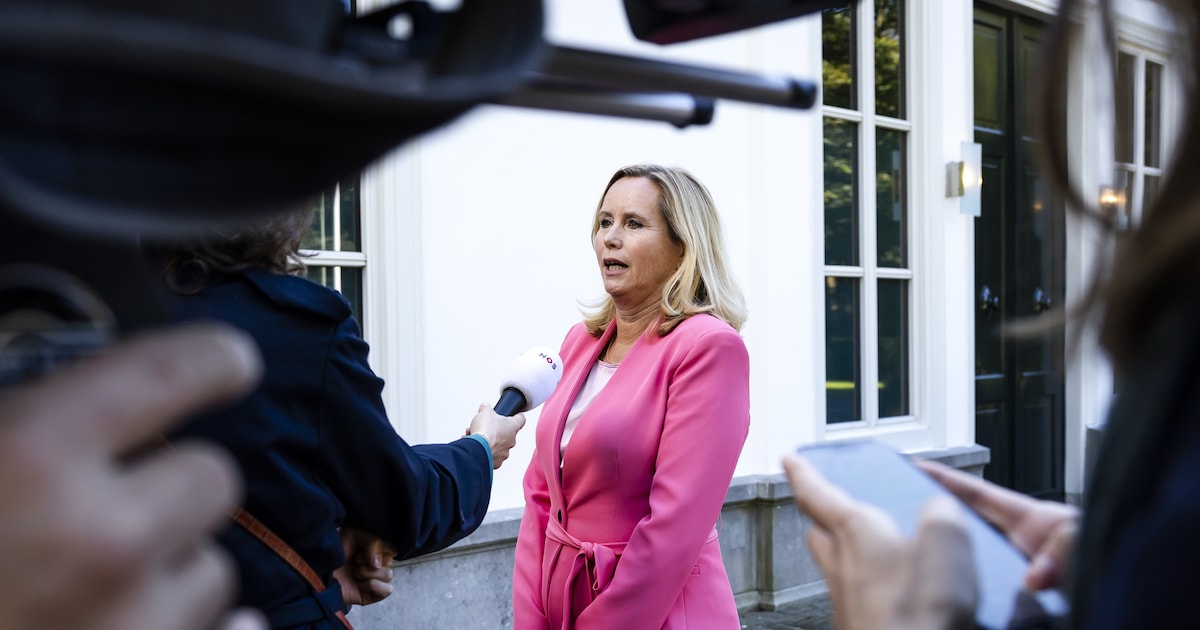
During his visit to Uganda, East Africa, Minister of Foreign Trade and Development Assistance Klever discussed migration, among other things. In conversations with Ugandan ministers, Klever suggested that asylum seekers who had exhausted all legal remedies could be accommodated in Uganda. From there they eventually had to travel back to their home country. Uganda will then receive financial compensation for the reception and relocation of asylum seekers.
Klever initially wanted to see whether African asylum seekers rejected from the region could be repatriated. How many countries are included in the ‘region’ remains to be negotiated. Although various ‘regional reception’ options were discussed, no concrete plans were made during Klever’s working visit. But Ugandan Foreign Minister Jeje Odongo said he was open to further talks.
Know
“Ultimately we want to reduce migration,” Minister Klever said of his plans for NOS. “It is important for the cabinet that those who have exhausted all legal means return to their home countries. And that’s where the deadlock sometimes occurs.’ Klever stressed that the Netherlands has ‘long-standing relations with Uganda’, and Uganda is a ‘friendly country’. ‘And Asylum Minister Faber will further explore those possibilities.’
Minister Klever, who has now completed his working visit, will visit Minister Marjolein Faber (PVV, Asylum and Migration) first to report on his discussions. “There is still a lot that needs to be discussed,” said Rosaline Lantink, a spokesperson for Minister Klever. ‘What do Uganda and the Netherlands want, and lastly: what is legally possible?’ Later it will be discussed whether the cabinet agrees with the plan.
All four coalition parties have previously indicated they are interested in migration deals with African countries and so-called ‘return hubs’ outside the EU. Some in the government have also been positive about the so-called Rwanda deal, under which refugees and migrants who reach Britain by boat are immediately flown to Rwanda. The plan was drafted by the British Conservative Party, but was soon scrapped by the current Labor government.
The Klever balloon test in Uganda was not an isolated event. For example, EU Commission President Ursula von der Leyen promised on the eve of Thursday’s EU Summit that her new Commission would look for ‘innovative ways to combat illegal migration’. The return hub mentioned above is also included.
A similar experiment was recently carried out, among others, by the German government which wanted to send Afghans to Uzbekistan. In return, Uzbeks received development money and more visas for migrant workers. Italy signed an agreement with Albania: the first male asylum seeker was taken there last Monday. They were intercepted by the Italians at sea and came from a country considered ‘safe’ by the Italian government. Therefore, they are unlikely to be successful in their asylum application.





